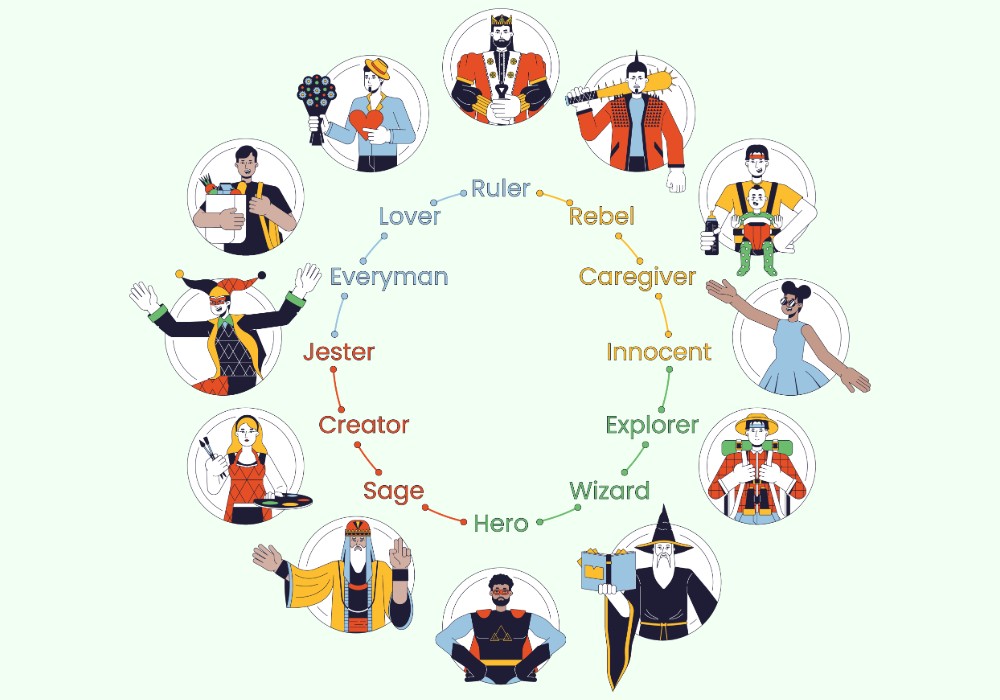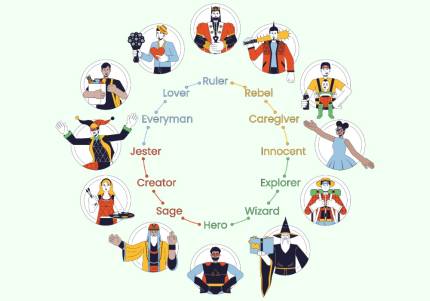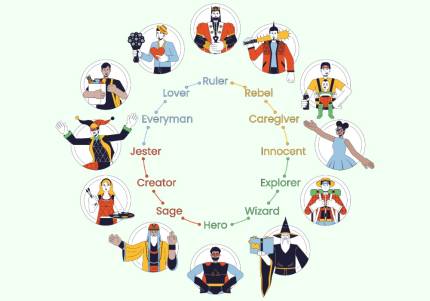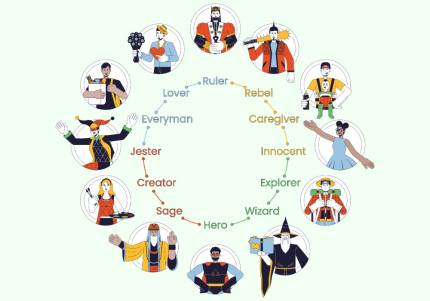How Each DISC Personality Reacts to Stress
- 21 May 2025

Stress affects everyone, but not everyone experiences or responds to stress in the same way. The DISC personality model, which classifies individuals into four main personality types—Dominant (D), Influencer (I), Steady (S), and Conscientious (C)—provides valuable insights into how different personalities perceive and manage stress. Understanding these different responses can help individuals develop more effective coping strategies and help organizations create supportive environments tailored to diverse personality types.
Understanding the DISC Framework
The DISC assessment measures four primary behavioral traits:
- Dominance (D) - Focuses on problems, results, and the bottom line
- Influence (I) - Focuses on people, interactions, and relationships
- Steadiness (S) - Focuses on pace, patience, and thoughtfulness
- Conscientiousness (C) - Focuses on procedures, quality, and accuracy
Each personality type has distinct characteristics that influence how they perceive challenges and respond to stressful situations.
D Personality Type: The Dominant
Stress Triggers for D Types:
- Lack of control or authority
- Inefficiency and slow progress
- Being micromanaged
- Excessive rules or bureaucracy
- Feeling that their time is being wasted
How D Types Typically React to Stress:
When under pressure, D personalities often become more forceful and directive. They may:
- Become increasingly impatient and demanding
- Take charge aggressively, potentially overriding others
- Make quick, sometimes hasty decisions to resolve issues
- Become blunt or overly critical
- Focus intensely on solving problems at the expense of relationships
Effective Stress Management for D Types:
- Channel energy into physical activity
- Seek environments where they can maintain some level of control
- Practice delegation rather than trying to handle everything
- Take short breaks to decompress when feeling overwhelmed
- Engage in competitive activities that provide healthy outlets
I Personality Type: The Influencer
Stress Triggers for I Types:
- Social rejection or isolation
- Being ignored or overlooked
- Environments with heavy criticism
- Excessive details or analytical tasks
- Rigid structures with little creative freedom
How I Types Typically React to Stress:
Under stress, I personalities may become emotionally reactive. They typically:
- Become more talkative, sometimes speaking without thinking
- Seek more social interaction as a distraction
- Show emotions openly and sometimes dramatically
- Become disorganized or scattered in their approach
- Avoid detail-oriented tasks that could help resolve the stressor
Effective Stress Management for I Types:
- Talk through problems with supportive friends
- Engage in creative expression
- Break complex tasks into smaller, manageable chunks
- Use visual tools and reminders to stay organized
- Balance social time with quiet reflection
S Personality Type: The Steady
Stress Triggers for S Types:
- Sudden changes or unpredictability
- Conflict or confrontation
- Lack of appreciation or support
- Feeling rushed or pressured
- Disruption to routine or structure
How S Types Typically React to Stress:
Steady personalities tend to internalize stress, often avoiding direct confrontation. When overwhelmed, they may:
- Withdraw from others to avoid conflict
- Become passive or overly accommodating
- Struggle with indecision or hesitation
- Suppress their own needs to maintain harmony
- Experience anxiety when routines are disrupted
Effective Stress Management for S Types:
- Maintain familiar routines as much as possible
- Talk through issues with trusted individuals in a calm setting
- Set boundaries to avoid overcommitment
- Practice mindfulness or other grounding techniques
- Gradually introduce small changes to build resilience
C Personality Type: The Conscientious
Stress Triggers for C Types:
- Lack of clarity or direction
- Disorganization and chaos
- Being criticized unfairly or publicly
- Unrealistic expectations or rushed timelines
- Errors or perceived failure
How C Types Typically React to Stress:
Conscientious individuals often retreat inward when stressed. Their reactions may include:
- Becoming overly focused on details or perfection
- Shutting down or withdrawing from interaction
- Overanalyzing situations or decisions
- Becoming self-critical or rigid
- Delaying action due to fear of making mistakes
Effective Stress Management for C Types:
- Create clear plans and timelines to reduce uncertainty
- Take breaks to gain perspective and reset
- Use journaling or structured reflection to process thoughts
- Accept that mistakes are part of growth
- Balance work with relaxing activities that do not require precision
Conclusion
Recognizing how each DISC personality type reacts to stress not only deepens self-awareness but also fosters empathy and cooperation in teams, families, and organizations. By tailoring stress management strategies to suit different behavioral styles, individuals and leaders can enhance resilience, productivity, and overall well-being.



